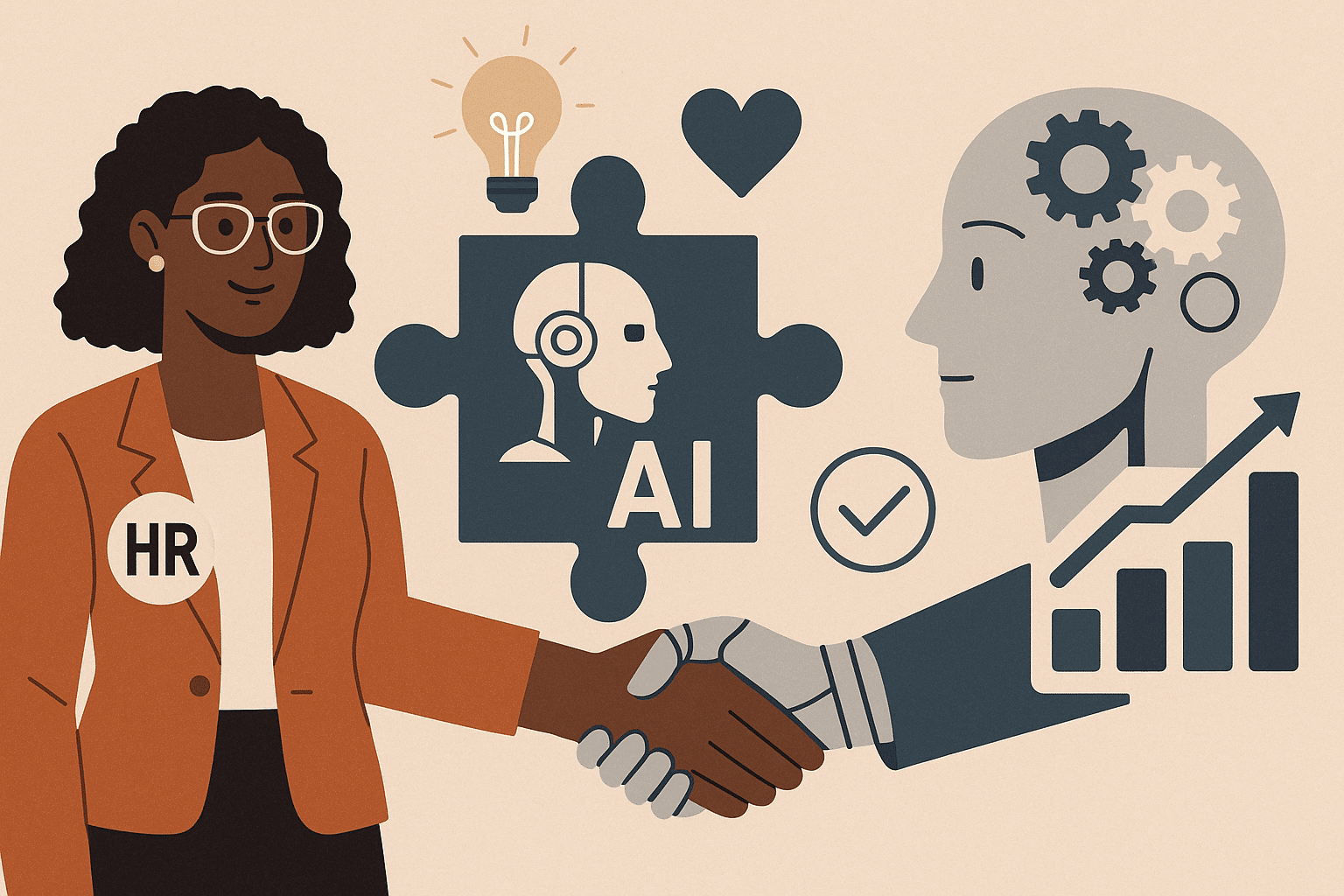
As companies adapt to digital transformation, managers face an added complexity: reconciling the expectations of multiple generations in the workplace… while integrating Artificial Intelligence (AI) into daily practices. Boomers, Generation X, Millennials, and Gen Z now share the same open spaces (physical or virtual)—but not always the same references, values, or relationships with technology.
A generational diversity amplified by AI
The integration of AI in the workplace does not only affect processes: it also redefines roles, power dynamics, and working methods. Yet, each generation perceives these changes differently.
- Baby boomers often value human experience, clear hierarchy, and stability. The arrival of AI may be seen as a threat or a driver of dehumanization.
- Generation X, pragmatic and adaptive, sees AI as a lever for efficiency, but expects concrete proof of its value.
- Millennials and Gen Z, as digital natives, are generally more open to experimentation, but also more sensitive to ethical issues and the impact of AI on the meaning of work.
The role of management is therefore to make these perspectives coexist while keeping the transformation on track.
Challenges for effective intergenerational management
1. Fight stereotypes
Too often, generations are caricatured: young people are “lazy,” seniors are “outdated.” These clichés harm cooperation and innovation. A good manager must break down these barriers and recognize the unique contributions of each generation.
2. Harmonize relationships with technology
AI is a tool, not an end in itself. For some, it symbolizes progress; for others, loss of control. The manager must act as a mediator to create trust: explain, train, and listen.
3. Encourage cross-learning
Reverse mentoring is a powerful lever: a junior can train a senior in AI, while the latter passes on human or sectoral expertise. This dynamic reduces fears, values everyone’s knowledge, and strengthens cohesion.
4. Adapt communication styles
Each generation has its preferred mode of communication: some prefer structured emails, others instant messaging, or direct feedback. AI, through tools such as Teams, Slack, or virtual assistants, can help streamline these exchanges—if used wisely.
AI as a catalyst, not a fracture
Contrary to popular belief, AI can strengthen intergenerational cooperation if well integrated. It enables personalized training, optimizes knowledge transfer, and can even anticipate generational conflicts through team dynamics analysis.
But this requires strong human support. Empathetic, agile, and inclusive management remains more necessary than ever. Because it is not technologies that drive companies forward, but the people who adopt—or reject—them.
Conclusion
The challenge of intergenerational management in the age of AI is not to erase differences, but to orchestrate them. The goal is to turn them into a collective strength for innovation, through ongoing dialogue, fueled by technology but rooted in humanity.


